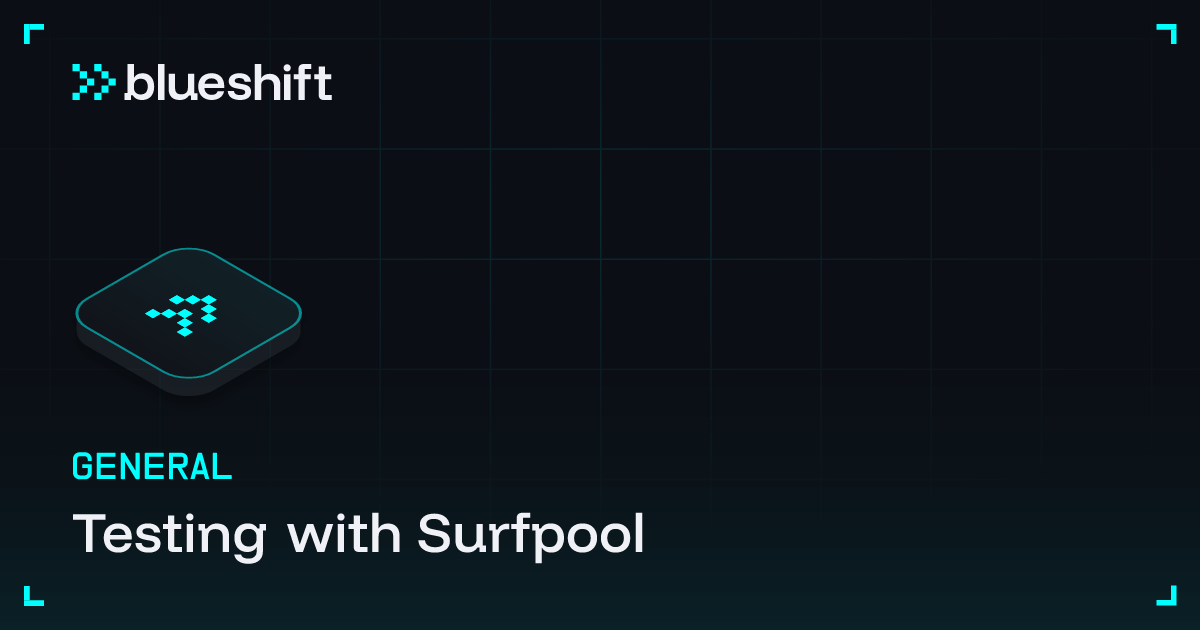Surfpool 101

Pengujian program Solana yang bergantung pada Cross-Program Invocations (CPIs) secara tradisional mengharuskan pengembang untuk mengambil akun dan program dari mainnet, kemudian mengunggahnya ke validator lokal.
Proses ini berfungsi untuk beberapa akun, tetapi menjadi sangat tidak layak ketika menguji CPIs ke dalam program kompleks seperti Jupiter, yang dapat bergantung pada lebih dari 40 akun dan 8+ program.
Surfpool menyelesaikan masalah ini dengan memungkinkan pengembang mensimulasikan program secara lokal menggunakan akun mainnet yang diambil sesuai kebutuhan, plus kemampuan tambahan:
Kustomisasi variabel sistem: Perjalanan waktu (uji program Anda pada slot atau timestamp historis), jeda waktu, atau hentikan produksi blok
Modifikasi data akun: Atur pasokan SOL (total, beredar, dan tidak beredar), transfer data akun antar program, atau perbarui data inti akun dan informasi akun token
Analisis data rantai: Profil transaksi untuk unit komputasi, perubahan akun, dan detail eksekusi, kemudian ambil profil terperinci berdasarkan tanda tangan, UUID, atau tag
What is Surfpool
Surfpool adalah SDK komprehensif dan rangkaian alat, sementara Surfnet adalah jaringan Solana lokal yang diciptakannya. Anggap Surfpool sebagai lingkungan pengembangan Anda dan Surfnet sebagai jaringan blockchain yang berjalan di dalamnya.
Surfnet berfungsi sebagai pengganti langsung untuk solana-test-validator, yang dibuat khusus untuk memberikan pengalaman pengembangan terbaik bagi para pengembang Solana.
Dikembangkan oleh tim TxTx, Surfpool mengintegrasikan Infrastructure as Code ke dalam proyek berbasis Anchor dengan mulus, memungkinkan deployment yang dapat direproduksi, dapat diaudit, dan aman ke jaringan Solana mana pun—baik privat maupun publik.
First Steps
Semua yang Anda butuhkan untuk menjalankan Surfnet sudah termasuk dalam SDK Surfpool. Karena instalasi bervariasi berdasarkan sistem operasi, ikuti Halaman Instalasi resmi untuk pengaturan spesifik Anda.
Setelah menginstal Surfpool SDK, mulai Surfnet dengan:
surfpool startIni memulai Surfnet pada port validator lokal standar (http://127.0.0.1:8899) dengan UI terminal yang menampilkan:
Slot dan Epoch: Proses slot yang sedang dijalankan secara otomatis setiap 400ms. Gunakan Tab untuk maju secara manual ke slot berikutnya, atau Spacebar untuk menjeda/melanjutkan produksi blok otomatis
Log transaksi: Aliran aktivitas dengan stempel waktu yang menunjukkan semua yang dijalankan oleh transaksi Anda
Untuk pengalaman berbasis browser, hubungkan ke Surfpool Studio di tautan ini.
Menerapkan Program
Setelah menyiapkan Surfnet, terapkan program Anda dan mulai membangun.
Program Anchor: Gunakan anchor deploy dengan Anchor.toml Anda yang dikonfigurasi untuk [programs.localnet].
Program Pinocchio: Deploy melalui Solana CLI dengan konfigurasi Anda diatur ke localnet: solana program deploy ./target/deploy/your_program.so --program-id ./target/deploy/your_program-keypair.json
Menguji Program
Setelah men-deploy ke localnet, hubungkan ke Surfnet dengan menargetkan validator lokal:
import { Connection } from "@solana/web3.js";
const connection = new Connection("http://localhost:8899", "confirmed");